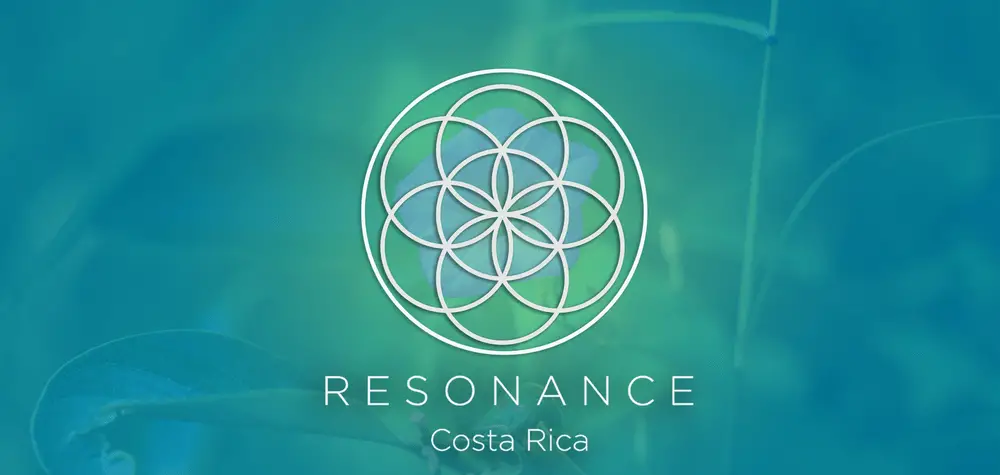QCOSTARICA — The confrontational style of Costa Rica President Rodrigo Chaves is on the rise, moving from his discourse to challenge opponents and institutions alike, to insinuations that dangerously border on the definition of crimes against the constitutional order and the tranquility of the country.
“I feel that President Chaves is assuming a more violent tone since the announcement of the Jaguar project (Ley Jaguar which has been twice deemed unconstitutional by Costa Rica’s Constitutional Court), and increasing it with the actions of the Attorney General’s Office (investigations of the Gandoca Manzanillo and Barrenador cases). This is very serious, it can open a stronger crisis with other powers,” warned sociologist Carlos Carranza, director of the Analysis of Current Affairs program at the Universidad Nacional (UNA).
It can be seen that, in recent months, starting with the bet on the referendum and the Jaguar project, President Chaves not only insisted on his polarizing speech, but also included insinuations of leading popular movements and even made calls to prepare to act.
– Advertisement –
This has led to calls for attention in Congress, such as that of legislator Eliécer Feinzaig, of the Progressive Liberal Party (PLP), in the sense that we could be facing a scenario of sedition, as of independent legislator Gloria Navas, regarding other possible infractions.
However, although sedition seems to be ruled out on formal grounds, the president’s speech transits the diffuse border of crimes against public tranquility and security, given the possibility of treason to the Homeland.
This is a risky route that other leaders have not attempted to take, commented historian Vladimir de la Cruz.
“There is no president, during the period of the Second Republic (after 1948), who has even tried to hint at an insurrection. What the president (Chaves) has been saying is very dangerous,” said the historian, who warned that these statements could seek to create a state of instability to impose some measures.
De la Cruz mentioned that other situations are occurring that could generate concern, such as helicopter flights without lights at night. “It is about frightening, intimidating, justifying that there is an exceptional situation, that the system and institutions do not work and justifying forceful actions,” he commented.
Read more: Have you heard the whirring sound of helicopters flying over your house?
– Advertisement –
For his part, Carranza considered that in this situation it is important to keep in mind essential aspects of legality, in the sense that no public authority is outside of it.
Carranza also recalled that conflict and confrontation are an inseparable part of the political contest, but that limits must be respected and violence must not be resorted to.
He recalled how, during the political struggles for the ICE combo in 2000 and the Free Trade Agreement with the United States (TLC) in 2007, paradoxically with a referendum, Costa Rican society faced high levels of polarization, but without going overboard. “The speeches were harsh, but not in these terms, with a certain moderation,” Carranza indicated.
In this sense, maintaining the growing spiral of polarization and veiled threats could lead to increasingly aggressive discourse, the confrontation getting out of control… and criminal accusations multiplying.
– Advertisement –
The path of agitation
Since the presentation of the Jaguar project, President Rodrigo Chaves insisted on presenting his administration as a revolution of the jaguar citizens, who are the people who claim their rights and turned it into a war against the diminished serfs and the institutionality, which he claims is taken over by an elite and tries to prevent its advance.
May 2: In his report to Congress, Chaves announced a referendum so that the citizens can decide on “indispensable projects,” which are blocked by groups that milk the State and control the institutionality. He appropriates the mention of the jaguar, made by a report by Bank of America, in a report on the economy, and turns it into a symbol of his revolution, and asks “empowered citizens” to make themselves heard “when the predators try to maintain their privileges and shout louder.”
June 5: Chaves presents the Jaguar project for a referendum, limited to reforms to eliminate functions of the Comptroller’s Office. He argues that the legislators will have the opportunity to not “play tough” with the citizens and return to them the power to legislate.
June 21: Chaves declares in an interview that Costa Rica has lived seven decades of “a perfect dictatorship,” before politicians who forged a legal framework to limit the real power to the people.
Read more: Former presidents censure Chaves for saying that Costa Rica is a “dictatorship”
July 22: In an interview, Chaves declares that if the Sala IV (Constitutional Court) declares the Jaguar project unconstitutional, he will observe the reaction of the people to determine if he should guide a group enraged by the decision of the magistrates or should promote tranquility in the population.
September 25: Two days after the raids for the Barrenador case included the executive president of the CCSS, Marta Esquivel, Chaves reiterates the allusion for citizens to “be vigilant”.
“Be ready, because — God forbid — the time may come to act as a society… Be alert, because what happened with Parque Viva and this second threatening shot at Marta Esquivel are bad symbols. Be ready, long live work and peace, but they will not turn us into diminished servants,” said Chaves.
Costa Rica Laws do not penalize sedition, but punish actions against constitutional order
The Political Constitution of Costa Rica establishes in article 4 that no person or group can claim to represent the people, and their rights or make requests in their name. The violation of this article will be sedition.
Legislator and former presidential candidate, Eliécer Feinzaig has indicated that President Rodrigo Chaves could have violated this article, with his allusions to uprisings of the people, which he would eventually “guide”.
However, constitutionalist Marvin Carvajal explained that there is a gap in the Penal Code, so sedition is not being classified and there is no sanction in the case that it is carried out.
However, there are crimes and penalties for situations that could be considered as related, in crimes against public tranquility and crimes against the security of the nation.
In Title X of crimes against public tranquility of the Penal Code, there are the crimes of public incitement (from six months to four years for anyone who instigates another to commit a crime that affects public tranquility) and public intimidation (from six months to four years for anyone who, to instill public fear or cause riots or disorders, makes signals, gives alarm cries, causes noises or threatens with a disaster of common danger).
Title XI of crimes against national security includes treason (from five to ten years for anyone who takes up arms against the nation) and crimes against the public powers and the constitutional order, which include rebellion (from two to ten years for those who take up arms to change the Constitution or prevent the free exercise of its powers), propaganda against the constitutional order (from six months to three years for anyone who makes public propaganda to replace the bodies created by the Constitution or repeal the principles it enshrines) and mutiny (from one to four years for those who rise up publicly to prevent the execution of laws or resolutions of public officials, or to force them to take some measure).
Article was translated and redacted from the UniversidadSemanario.com article “Presidente Chaves pasa de la polarización a rozar delitos de traición al país”. Read the original, in Spanish, here.
– Advertisement –
Source link
Rico



